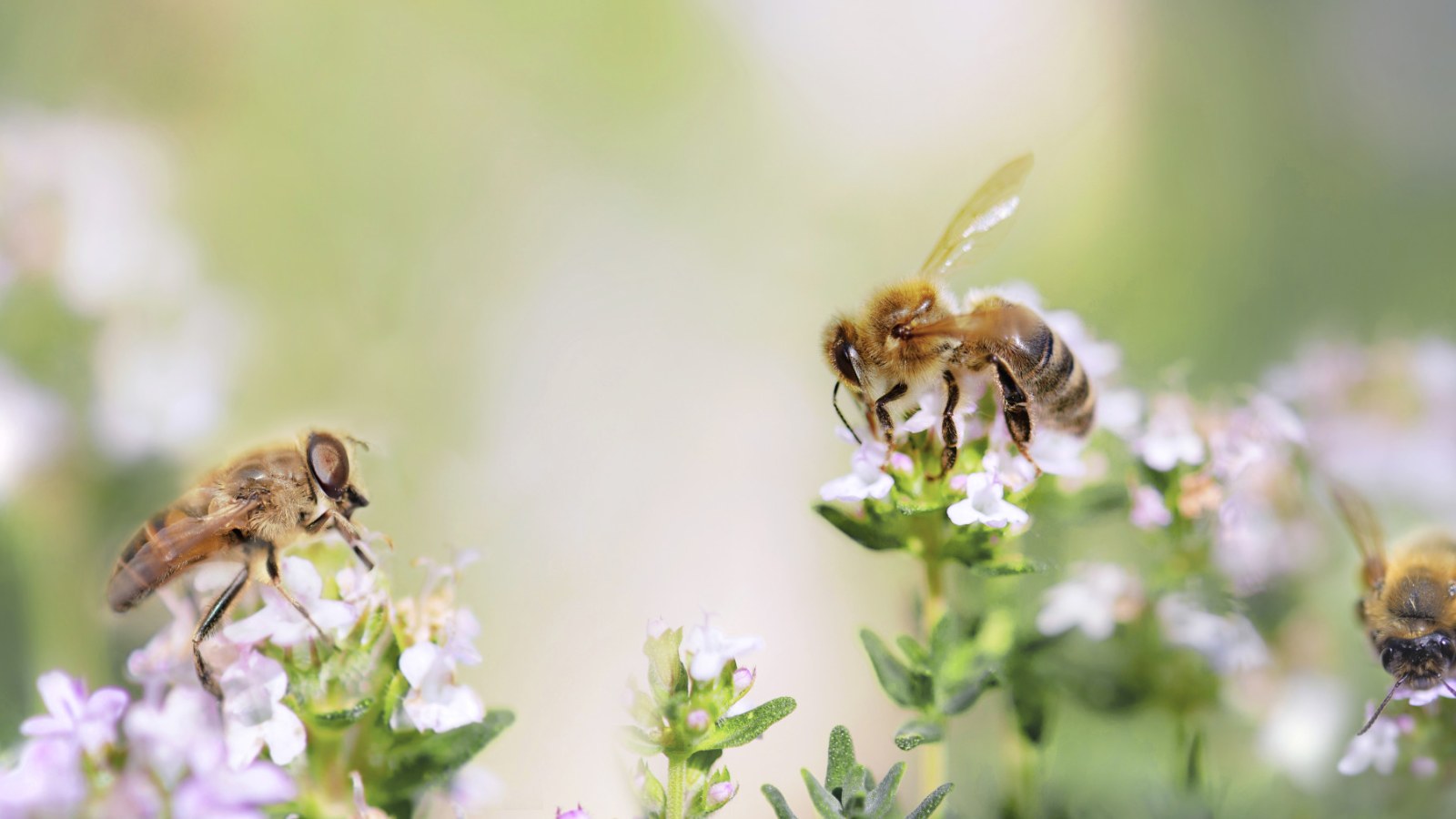By Thomas Westerholm
Copyright newsweek

Flying insect populations are plummeting even in remote, undisturbed ecosystems, raising fears that climate change may be playing a greater role than previously understood.The study, conducted by Keith Sockman, associate professor of biology at the University of North Carolina at Chapel Hill, examined flying insect abundance over 15 seasons from 2004 to 2024 in a high-altitude meadow in Colorado.Despite the area’s limited human activity, Sockman found a 72.4% decline in insect numbers during the 20 years—an average drop of 6.6% per year.”The biggest takeaway is that insects are declining precipitously even in a relatively pristine, unscathed ecosystem,” Sockman told Newsweek in an email.”Several recent reports on insect abundance have shown big declines, particularly in North America and Europe.”However, the majority of these reports come from locations that have been impacted significantly by human activity, such as agricultural areas, suburban areas and urban areas.”My study shows a similar major decline in insects, but in an area that has not been significantly impacted by human activity, either in terms of land use changes or water use changes. That left climate change as one of the only viable drivers of this change.”Why It MattersInsects play foundational roles in ecosystems, serving as pollinators, decomposers, predators and prey across nearly all terrestrial and freshwater environments.Through pollination, insects enable the reproduction of flowering plants, including many that form the base of food chains or are agriculturally important to humans.Their activities as decomposers help recycle nutrients back into the soil, supporting plant growth and maintaining soil health.As both consumers and a food source, insects are central to many food webs. They regulate populations of other invertebrates and contribute to the diets of birds, amphibians, reptiles and mammals.Their abundance and diversity help stabilize ecosystems, making them more resilient to disturbances.When insect populations decline, it can set off cascading effects—disrupting plant reproduction, reducing food availability for insectivorous species and weakening the intricate balance of ecological interactions that sustain biodiversity.”What concerns me most is the long-term viability of even pristine ecosystems where direct impacts from human activity are relatively low,” Sockman told Newsweek.”I’m concerned about the viability of the ecosystems because they depend on insects for their services. Without the ecological services that insects provide, the ecosystems will fail to function.”What to KnowThe research was conducted at a subalpine meadow in Molas Pass, Colorado, where summer temperatures have risen, particularly minimum daily lows—by approximately 0.8°C per decade over nearly 40 years.Statistical modeling linked these rising temperatures to a shift from seasonal increases to declines in insect abundance.Most collected insects were flying species, gathered using uniform trapping methods over 15 non-consecutive summers.What People Are Saying”Many people find insects gross, scary or at least annoying,” Sockman said. “But all terrestrial and freshwater ecosystems depend on insects for their services.”If the decline I discovered in a somewhat remote, pristine mountain meadow reflects trends broadly, then this augers poorly for the world’s natural ecosystems.”What’s NextSockman called for expanded monitoring across diverse landscapes and as well as a need to better understand which insect groups are most vulnerable.



